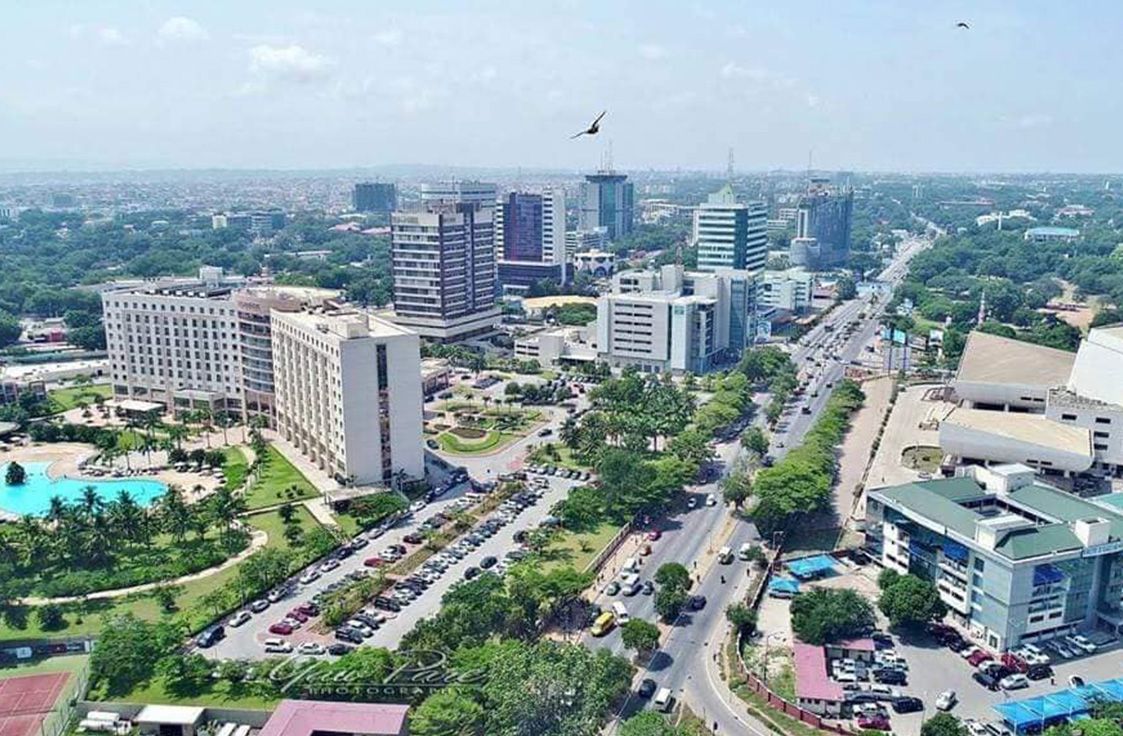
Ghana’s Cost of Living Crisis: What You Need to Know
Birches Group has been keeping an eye on economic conditions in Ghana and wants to provide updates on recent developments in the West African nation.
One of West Africa’s more prosperous countries has been rocked by a cost-of-living crisis. Inflation in Ghana reached 29.8% in June 2022, the highest level in two decades. The Guardian reports that food prices have risen by 30.7% since last year, and energy costs have sharply climbed. Transportation costs have also gone up.
Our August 1 Market Monitor further indicates that the Ghana cedi has seen an exchange rate movement of 34% against the US dollar, Euro, British Pound, and West African CFA Franc in the past six months. As inflation persisted and broadened, hundreds took to the streets of the capital Accra to protest the deteriorating economy.
President Nana Akufo-Addo has stressed that the economic challenges the country is facing are the effect of the COVID-19 pandemic and the war in Ukraine. The government is seeking a support package from the International Monetary Fund (IMF), which visited Ghana in July. In a July 13 statement, the IMF said that such adverse developments “have contributed to slowing economic growth, accumulation of unpaid bills, a large exchange rate depreciation, and a surge in inflation.”
What the labor market indicates
The Ghanaian labor market exhibits rapidly evolving market conditions. Birches Group’s Market Monitor categorizes labor market conditions according to levels of volatility, with Level One as the lowest (reporting standard market conditions and market movement between 0–20%) and level six as the highest (where the country has reported labor market collapse, departure of most comparators from the market, and absence of reliable data on currency and inflation). In our latest Market Monitor, Ghana is classified as Level Three, where there are rapidly evolving market conditions, movement of more than 40% in the last 12 months, and multiple reviews and revisions are typical amongst comparators. While the surge of inflation has been swift in the country, labor market data has not moved as fast.
Based on our salary survey analysis, no labor market movement was observed in July 2021.
The chart above shows labor market movement in Ghana against reported inflation rates from July 2021 to July 2022 based on Birches Group’s multi-sector salary survey. As seen in the chart, labor market movement significantly increased in 2022, but inflation rates have always been much higher and moved at a faster rate from 2021. We believe this is because inflation or the cost of living is not directly proportional to the cost of labor.
Next steps for employers
When labor market conditions become volatile, such as in Ghana, organizations should establish policies and procedures to keep pay programs functioning and maintain business continuity. Through a Special Measures Policy, organizations need to determine the appropriate triggers based on labor market conditions that demand an update in salaries and benefits. Organizations must also decide how they plan to implement the next steps for their staff. Employees need to know that they can count on their employer to assist them amid the burgeoning crisis.
How can we help
We at Birches Group have extensive expertise in developing Special Measures Policies for organizations across different markets and sectors. Contact us today to find out how we can create one for you.
References:
- 1 August Market Monitor Report

